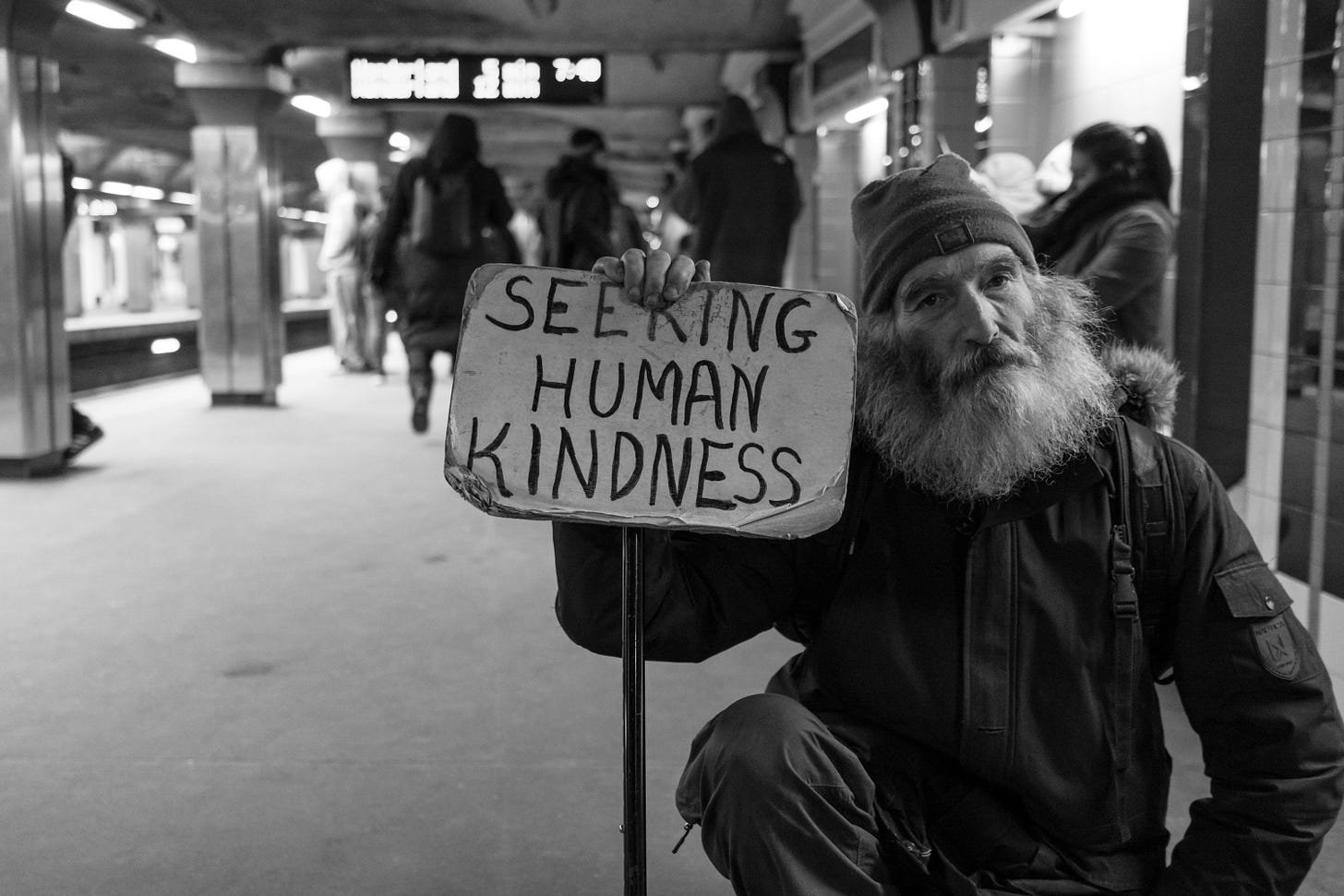Cancel culture. For so many of us, those words stir up tension and frustration. It’s become a society-wide ritual: someone says or does something we don’t agree with, and we cut ties. We block, unfollow, or “cancel” them. But what if we’re missing an opportunity for something deeper?
I know what it’s like to be on the receiving end of “cancellation.” Many years ago, in the conservative Deep South, my life was thrown into upheaval when I was outed as gay by my ex-boyfriend. In an instant, everything I’d built seemed to vanish. Teammates I thought were friends stopped speaking to me, and people I’d known my whole life turned their backs. My Catholic family struggled to understand. My brother told me to leave Mississippi for my own safety. So, I left.
But here’s where my story takes an unexpected turn. Years later, I chose to move back—not to convince anyone to change their minds, but to try something radical: have real conversations with the same people who had hurt me. I wanted to see if, through conversation, there was a chance to bridge the divide between us.
The results surprised me. My former employer, who had fired me when I came out, showed up at my door in tears to apologize. My mother and I, who had been separated by emotional distance and misunderstanding, found common ground in our shared fears. I even built connections with religious leaders who had once condemned me. And in every one of these moments, I realized that moving beyond cancel culture doesn’t mean erasing the past; it means stepping into conversations that honor both our boundaries and our capacity for empathy.
Here’s what I learned along the way:
Why “Agreeing to Disagree” Isn’t Enough
People say, “Let’s just agree to disagree.” It sounds simple enough, but when we say this, we often avoid addressing the emotions underneath. We can bypass real connection and, ultimately, resolution. Instead, I found that it’s far more effective to seek understanding rather than agreement. When we’re willing to dig deeper and try to understand why someone thinks or feels the way they do, we can move past defensiveness and into connection.
Handling Tough Conversations Without Sacrificing Your Self-Worth
When we engage with people who have hurt us, it’s essential to hold on to our worth and values. In conversations with people who had once rejected me, I reminded myself that I didn’t have to change their minds to validate who I was. Setting boundaries while being open to hearing someone’s perspective is powerful—it sends the message that you’re willing to listen, but you’re not willing to compromise who you are.
Practical Tips for Reconnecting
1. Start Small: Begin with one person. The intention is not to “fix” everything or anyone. Find one person to start a conversation with and focus on listening.
2. Ask Open-Ended Questions: One powerful question can transform a conversation. Instead of defending your point, ask, “What led you to feel that way?” or “Can you tell me more about your perspective?” It invites them to go deeper.
3. Take Breaks if Needed: Reconciliation isn’t a sprint. Take breaks when needed to reflect and recharge.
The One Question That Can Transform Conflict into Connection
One question has served me time and again: “What are you most afraid of?” This single question has opened doors for me with people who I once thought were closed off forever. I found that in many cases, our fear was mutual, and acknowledging that fear helped us bridge the gap.
As I prepare for my TEDx talk this December, I’m more convinced than ever that cancel culture doesn’t have to be the final word. Especially after an incredibly divisive election, where divisions are bound to deepen, we need a way to move from “cancellation” to “connection.” Imagine the impact we could have if, instead of cutting people off, we chose to understand them.
So the next time you feel tempted to “cancel” someone, I invite you to pause. What might happen if, instead of erasing the person, you embraced the opportunity for a hard, heart-driven conversation? It’s not easy, and it won’t always end in resolution, but I’ve seen firsthand that it can lead to moments of healing that no amount of cancellation could ever achieve.
Moving beyond cancel culture isn’t about giving everyone a free pass; it’s about creating a world where connection has the power to transform us all.
Meagan O’Nan is an award-winning author, speaker, and expert in human connection, specializing in using vulnerable storytelling to bridge divides. She has authored three books: Creating Your Heaven on Earth, Courage: Agreeing to Disagree Is Not Enough, and Held and Free. Meagan has worked with numerous organizations including Inspire Brands, Toyota, Red Cross National, and Forbes. She received personal recognition from Desmond Tutu for a talk on forgiveness. Passionate about transforming fear into strength, Meagan lives in Starkville, Mississippi, with her wife Clare, daughter Merit, and their pets. She won North America's Largest Inspirational Speaking Competition for her speech on being outed in Conservative Mississippi by an ex-boyfriend. @megonan





PS The image you have shared with this piece of writing speaks so loudly.
I appreciate what you have shared here about how agreeing to disagree isn’t enough. Sadly there are people at certain stages of being in adamant disagreement with us for our choices &/or beliefs won’t be open to even wanting to understand where we are coming from but hopefully with time as you shared from your real life example when you returned back after a time to the place where you had been rejected etc for your choices &/or beliefs people will see the fruitlessness & barrenness of their outright rejection before they thought to bring in a desire to understand.